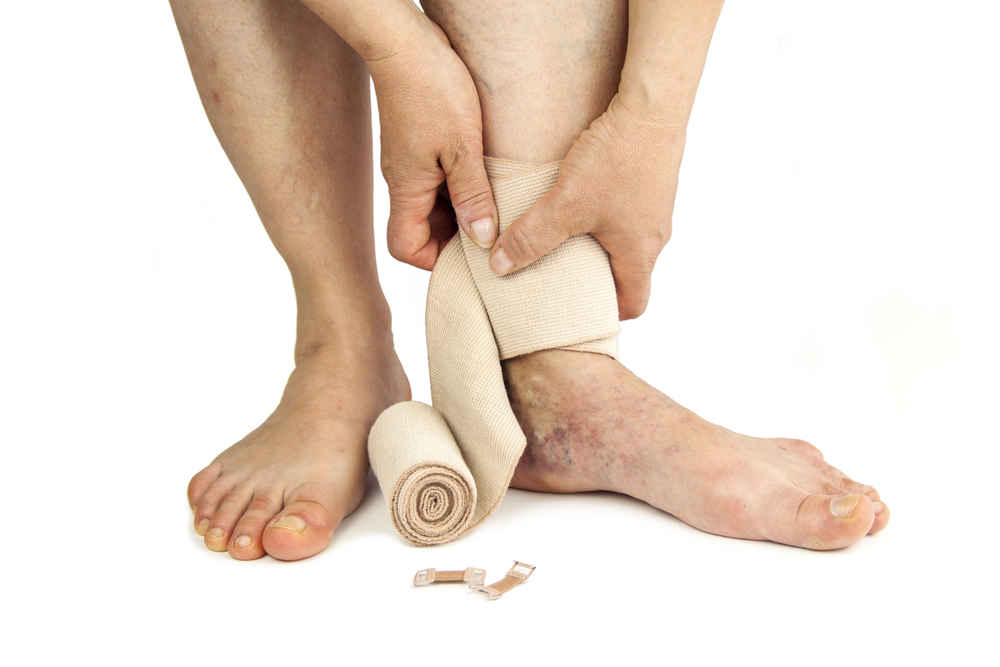Pregnancy can make the body very susceptible to infection. Now, It is important for pregnant women to know about infections in pregnancy that often occur and how to reduce the risk, so that pregnant women and their fetuses stay healthy.
Actually, the body already has antibodies that can fight certain viral or bacterial infections. Immunizations that pregnant women may have received before becoming pregnant also play a role in providing immunity to various infections.
Unfortunately, changes in hormones and immune system function during pregnancy can make pregnant women more susceptible to illness, including those caused by infections. Even minor infections can cause serious illness in pregnancy and the fetus.
Infections That Can Harm the Fetus
Some infections can be transmitted from pregnant women to their babies through the placenta or during delivery. Without proper treatment, infection in pregnancy can lead to complications, such as premature labor, miscarriage, or birth defects.
Come on, pregnant women, recognize some infections in pregnancy that should be wary of:
1. Chickenpox
Pregnant women who have never had chickenpox before and have contact with people with this disease are at higher risk of developing chickenpox during pregnancy.
The main symptom that arises is red patches all over the body which then fill with fluid and can burst. These symptoms may be followed by fever, muscle aches, and decreased appetite.
If this condition is not treated immediately, complications can occur, such as pneumonia, encephalitis, and hepatitis, which can endanger the safety of the mother and baby in the womb.
2. Streptococcus group B
Infections in pregnancy that are also common are Streptococcus group B. Pregnant women who get this infection can infect their babies during childbirth, and the effects are very dangerous for the lives of newborns.
Usually, this infection is asymptomatic. Therefore, pregnant women should carry out an examination to detect Streptococcus group B before delivery. Infected baby Streptococcus Group B generally shows symptoms of fever, breathing problems, bluish skin, and seizures.
3. CMV (cytomegalovirus)
Infections that are more common in children can cause disturbances to the fetus if experienced by pregnant women, especially if they have never had this infection before.
CMV is a type of virus that belongs to the same group as herpes and can cause sores that are accompanied by chickenpox. CMV infection in pregnancy can cause the baby to have epilepsy, hearing loss, blindness, and learning difficulties.
4. Hepatitis B
Many people who are infected with hepatitis B do not feel any symptoms. Therefore, pregnant women are advised to undergo hepatitis tests, because this condition can be transmitted to the fetus.
If infected and left untreated, babies can develop liver disease with severe conditions in their growth. Therefore, newborns who have been infected need to receive hepatitis B vaccine and immune therapy within 12 hours of delivery.
5. Hepatitis C
Like hepatitis B, people who have hepatitis C often don't have any symptoms. This blood-borne disease can harm the liver. If a pregnant woman suffers from hepatitis C, there is a chance that this disease will also be suffered by the fetus, although not as big as the chance of hepatitis B.
Newborns with hepatitis usually have low birth weight and require intensive neonatal care.
6. Genital herpes
Pregnant women who have genital herpes or herpes simplex it may be necessary to have a cesarean section to reduce the risk of transmitting the disease to the baby during delivery.
Genital herpes can be transmitted through sexual contact with a partner who was previously infected. Initial symptoms are blisters or painful sores on the genitals.
7. Rubella
Rubella or German measles is one of the most dangerous infections for the fetus. Rubella can actually be prevented by MMR immunization. Unfortunately, this vaccine cannot be given to pregnant women. Therefore, pregnant women are advised to undergo MMR vaccination before becoming pregnant.
Pregnant women who suffer rubella in the early 4 months of pregnancy, there is a risk of miscarriage or fetal defects. Usually, symptoms include a rash with red or pink spots.
In addition to some of the infections in pregnancy above, there are also other dangerous infections, such as toxoplasmosis which is transmitted through cat feces. Therefore, pregnant women need to be more careful if they have pets.
How to Reduce the Risk of Infection in Pregnant Women
To prevent infection, pregnant women should keep their distance from people who are sick. Unfortunately, not all of these diseases cause symptoms. Often a person does not know that he is suffering from a certain infection.
Therefore, it is also important for pregnant women to carry out health checks before and during pregnancy. In addition, pregnant women can also follow some of the guidelines below:
- Avoid contact with pets during pregnancy, especially if the animal is sick. Ask someone else to help with things like cleaning the stool and cage.
- Wear gloves if pregnant women often garden or grow crops.
- Be sure to wash vegetables and fruit that will be consumed.
- Make sure eggs, fish, and meat are thoroughly cooked before consuming.
- Avoid kissing the lips of small children.
- Wash hands regularly with warm water and soap, especially after changing a child's diaper.
- Avoid sharing eating and drinking utensils with children.
- Make sure pregnant women have received the vaccines needed during pregnancy.
- Perform preconception counseling to prepare for future pregnancies to reduce the risk of complications during pregnancy.
Although the infections above are dangerous, pregnant women need not worry too much. Try to get complete immunizations and follow a healthy lifestyle.
If you feel unwell or are worried about getting a certain infection, pregnant women can check with a gynecologist so they can get treatment right away.










